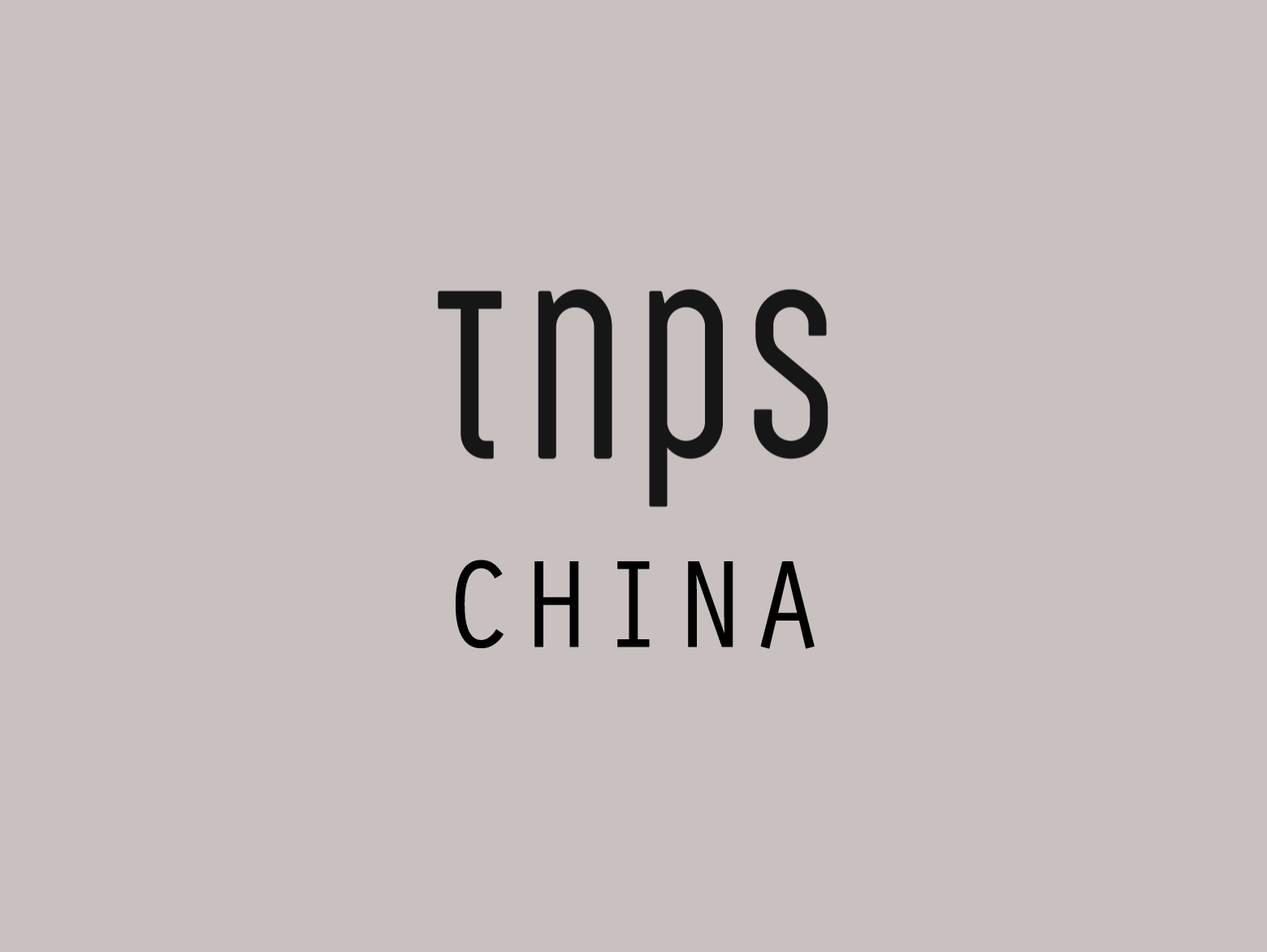The 2019 Beijing International Book Fair is looming, and it promises to be the most significant yet as, against a background of a US-China trade war, some 2,600 exhibitors from 95 nations and regions showcase their wares in a country not so long ago considered a pariah state in the publishing world.
This year Romania will be Guest of Honour, and Portugal, Kazakhstan, Macau and the Emirates Publishing Association (UAE) will be among the first-timers at the fair, which will run August 21-25 and is expecting 300,000 visitors.

Other first-time exhibitors include Starfish Publishing (the largest publisher of Marvel comics in China), Wonderwhale (a new online platform for second-hand books), and Jiliguala, (a game-based English-learning app for children).
According to the press release,
Cutting edge 5G technology will be prominently featured in an exclusive exhibition area, where concepts of smart bookstores, community libraries and other services will be presented to visitors.
2018 was the first time Beijing separated children’s books from the rest – its Picture Book Exhibition alone attracted over 70,000 visitors – and this year, reports the BIBF website, there will be an area dedicated to activities,
centred around reading in English (and) thirteen other languages.
That’s not so say other languages are being neglected.
Publishers of children’s content from all parts of the world – such as Atlantyca Entertainment from Italy; Kyowon, Haksan from Korea; Shueisha plus Croatian Children’s Books – are enjoying the current growth in the market, but Liying Lin explained why original English-language material is doing particularly well:
“The Chinese government requires every Chinese child to learn English, which puts English language content in high demand. Parents are increasingly keen to use apps, film, comics, audio, online and digital content as well as books to assist their children’s education and this provides a fabulous opportunity for our exhibitors at the children’s fair.”
This year overseas exhibitors account for over 60 per cent of this year’s participants, according to the latest press release.
The press release has received wide coverage, but if you clicked on that link in the above paragraph you’ll have been taken to a Nigerian news report.
And that’s a part of the bigger story here. That the Beijing International Book Fair is nowadays a truly international event.
As I said here on TNPS after Book Expo 2018 in New York,
the centre of publishing gravity is shifting inexorably east, with New York’s strategic importance slowly being eclipsed as we enter a new global publishing paradigm where America’s significance relies heavily on its market size rather than its leadership of the global publishing industry.
…For children’s and YA we look not to the USA but to Bologna or Shanghai, and it is Shanghai and Beijing between them that, in the space of a few short years, have risen from obscurity to become the eastern counterpoint to New York.
Alongside Bologna and London in Europe, Frankfurt is of course the de facto centre of global publishing right now, linking east and west while fulfilling a role New York was never going to tackle – bringing the emerging markets into the global publishing arena.
It’s noteworthy that New York, supposed doyen of the Anglophone publishing world, has made no serious attempt to embrace the Anglophone markets beyond the usual suspects – Canada, Australia, New Zealand and the UK.
…No wonder then that, along with Frankfurt and Beijing/Shanghai, we have a third publishing centre rising from the sands of the Middle East, in Sharjah.
As we wind down the 2010s and the next decade is unfurled, US publishing remains a powerhouse, and in revenue terms still the biggest global book market.
But as Publishing Perspectives reported this week, the latest report from Beijing-based OpenBook suggests the China print book market is experiencing steady growth of 10.8% in the first six months of 2019, with a shift from physical bookstores to online sales.
This for print books, and for only a 60% market measure.
When we factor in that other 40% and the impact of ebooks and other online reading and listening there will be a different picture which as yet remains fuzzy, because the numbers simply aren’t available.
At which point I bring in two TNPS posts from January of this year asking whether, in real terms, China is not already a bigger player than the USA.
Note that figure of 225,000 bookstores in the headline. The OpenBook assessment referenced earlier collates point-of-sale data for only 7,000 bookstores. No doubt the biggest, but that’s still over 200,000 bookstores left out of the equation.
Is, or will very soon, China be a bigger book market than the USA?
Even five years ago that was not a question any sane person would ask. But the same could be said for the film industry.
As a foreign market for publishers China will remain challenging to enter, but lucrative for those willing to make the effort.
But Beijing is a gateway fair, where Chinese publishers will not just be lapping up rights from around the world for domestic consumption but also buying into the outside world, competing with us on our home territories.
China may or may not be the biggest publishing country as we say good bye to the 2010s, but it certainly will be in the next decade.
The centre of publishing gravity has already shifted east, and that shows no sign of slowing down.






Not the first year I have been visiting this exhibition. And I am delighted! This is the place where you can find inspiration and learn about the latest innovations. I advise everyone to go there!